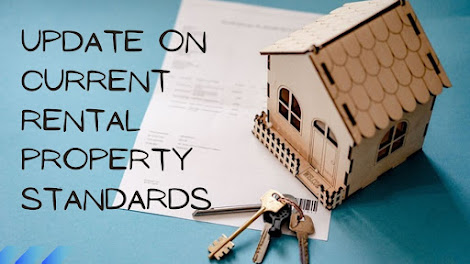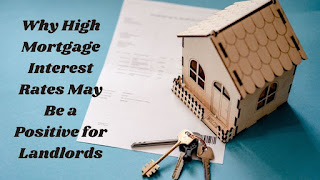Ultimate tips to price your home to sell
Arguably, the most crucial element to get right when selling a
property is listing it for the correct price at the outset. Of course, you do
not want to overprice your property and deter prospective buyers, but at the
same time you don’t want to undervalue your home because you may be inundated
with offers and worry that you could have achieved a better price.
So, to help you list your property for the perfect price tag,
the team at leading independent estate agent, Tod Anstee, has created the
ultimate guide on how to identify the best price for your home.
Our top 5 points to consider when pricing up your property
In a difficult market like the one that the property industry is
currently experiencing, it’s now more important than ever to price your
property in accordance with the current market conditions. Here are our top 5
tips to consider.
1. Conduct market research
Pulling “comparable evidence” is vital when trying to price up
your property for selling. Comparable evidence consists of researching homes
that have been sold within the local vicinity, preferably within the last three
months.
This research will determine your pricing strategy and should be
limited to properties within a sufficiently close radius to provide meaningful
comparisons.
2. Take a buyer’s perspective
The price that you believe your property is worth is not always
the same as its actual worth! Believing your house is worth a higher price
simply because of the price you paid for it, is futile if the present buying
market considers it to be worth far less. This can often be the case, and the
reason why certain properties can stay on the market for months, or even years.
If making an onward purchase it can be more of a numbers’ game
whereby a lower price for your property is acceptable if you are also achieving
a better price for the house you are buying. Flexibility is key if you are in
an onward chain.
Once inside, the decorative condition of your property affects
potential buyers’ pricing perceptions. If an interested party walks in and is
immediately pricing up the cost of a new kitchen and bathroom, this will
undermine your pricing strategy. If the internal décor is tired and you don’t
want to do it up before selling, adjust your price accordingly.
Consider your house objectively through the eyes of someone
viewing it for the first time – “kerb appeal” is critical and first impressions
count.
3. Establish your motivation to sell
When selling a property, it is important to ask yourself, “How
motivated am I to sell and how quickly do I need a sale?”, as your answer will
have a major influence on your selling strategy. For example, if a sudden change
in circumstances means you need a quick sale, you may feel inclined to list
your home for a slightly lower price.
4. Choose the best estate agent for you
To help you identify and achieve the best possible price for
your home, it is important to select an agent who can showcase the main
advantages of your home to as wide an audience as possible. The better estate
agents will use the very latest marketing channels and up to date high quality
photos to present your home at its very best
5. Price on application
If you are listing a higher end property which offers unique
qualities that are likely to drive buyer demand, price on application can be a
useful technique. Price on application, or as it is more commonly known POA, is
a process where potential buyers of your property must contact your estate
agent to obtain a price.
Sell your property with a leading West Sussex estate agent
If you own a
West Sussex property that you are currently looking to sell, the estate agents at Tod Anstee can provide you with a
market-leading service. For more information on how our dedicated Sales team
can assist you during the selling process, call us today on 01243
523723.
Our expert estate agents have sold properties across West
Sussex, and we always put our clients at the centre of everything they do.
Original Resource: How to price your home to sell



Comments
Post a Comment